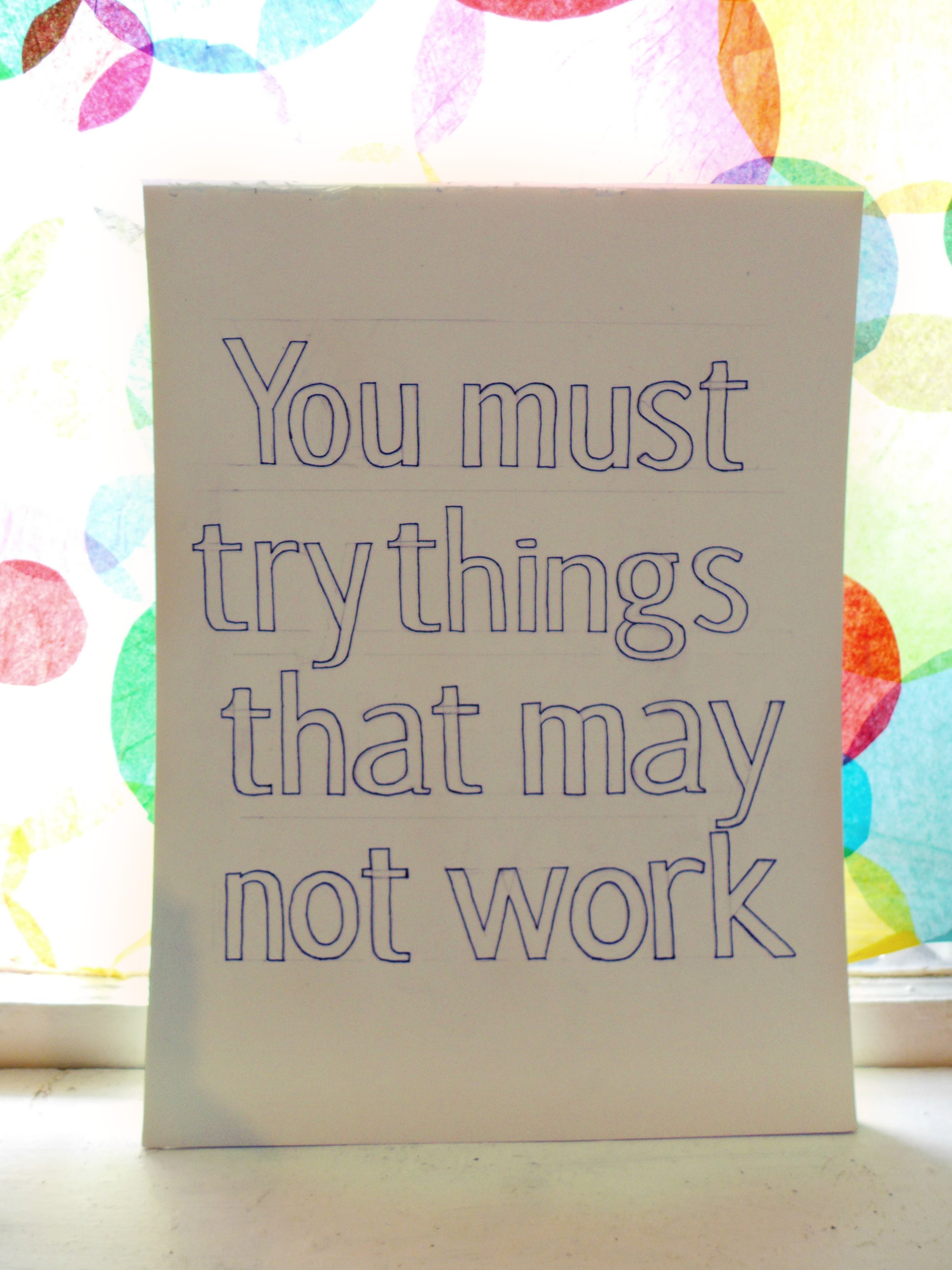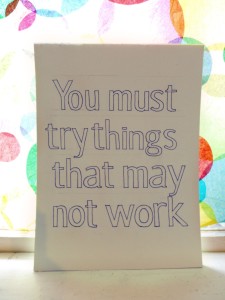Self-Care for Introverts

Self care can become a buzzy word these days. At every music therapy conference, there’s guaranteed to be a handful of sessions that promise the secrets to self-care and preventing burnout. I’ve found myself avoiding these sessions because of the same two thoughts: 1) “I don’t need self-care tips, I’m on fire for music therapy and I’ll never burn out!” and 2) “I don’t need another list of bubble baths, new hobbies, or journaling that I could brainstorm on my own.”
However, after working for two and half years as a professional, I’m finally warming up to the idea that I need to make self-care a priority. Turns out, I’m not super woman. I’ve found myself dreaming of a three day weekends and recycling old material ad nauseum because new inspiration didn’t strike for weeks at a time. Burnout isn’t always a rock bottom, but instead a slightly downward, mundane valley that can stretch far away from the inspiring peaks of professional practice.
My philosophy of self-care is less about compiling a collection of things to do when I’m feeling the need to recharge, but rather an approach to the daily happenings of my life that will continue whether or not I decide to splurge on a vacation or buy myself a frappacino. As an introvert, I especially need to practice self-care because the interpersonal work I do as a music therapist requires me to pretend to be an extrovert much of the time. This can be exhausting if I don’t check in with myself. For the other introverted music therapists out there, here’s how I practice self-care:
1. I acknowledge and embrace my introvert-ness: Introverts are not misanthropes or shy, but are people who are energized by being alone and whose energy is spent by being around others. Defining myself as an introvert has empowered me to recognize the signs when my energy levels are dwindling. I might feel distracted, tired, or increasingly self-conscious, but knowing where my stress is coming from gives me control over my next step, rather than unrealistic expectations to be social indefinitely. It could be as simple as excusing myself to the restroom or choosing to leave an event early, but allowing myself this option has saved me many times.
2. I redefine my stress: Working in a group day program for older adults with dementia doesn’t allow for many breaks, especially on the tough days. It’s not uncommon for me to be in the middle of a session (or heck, the middle of a song), and find myself stressed about the thirty pairs of eyeballs all focused on me. How am I supposed to get through 40 more minutes of being the center of attention?
Watching a TED Talk by Kelly McGonigal has taught me to redefine those stressors in times when I can’t get away. Instead of interpreting my jitters and faster heart rate as overwhelming, I thank my body for preparing me to rise to the challenge of leading. That adrenaline and my heart are helping me to personify the extrovert energy I need to get through the rest of my groups. I look to the extroverted group members who are so excited for music therapy and see their body language as a model for how I can serve the group right now. Turning my self-perceived weakness into a strength can make all the difference.
3. I don’t overschedule myself. When I’m off the clock, I am mindful of the number of commitments I sign up for. Alone time is not a luxury, but a necessity to be protected. Setting up boundaries for my time and giving myself permission to say “no” has given me freedom. However, it is easy for me to binge watch cooking shows, so the last few months I’ve been conscious of spending my time on activities that feed my spirit like actually cooking, getting in touch with family, and crafting projects that the perfect Pinterest version of myself would do all the time.
4. I force myself to go out and be with people. No, this advice is not in contention with the last three points. Embracing my introvert-ness has allowed me to build a secure, safe comfort zone, but as Neale Donald Walsch said, “life begins at the end of your comfort zone”. I fully admit that I could be very happy squirreled away in my apartment for an entire weekend, but I would regret not experiencing new things, meeting new people/perspectives, and creating memories with those I love. So while I may not jump at the initial idea of going out with others, I am always thankful I got myself out of the house. When planning meet-ups I plan with my introverted self in mind (e.g. I’ll go out for a baseball game, but maybe not for the large group dinner afterward). And I’m never down on myself if I bow out early. Doing so would defeat the purpose of self-care.
